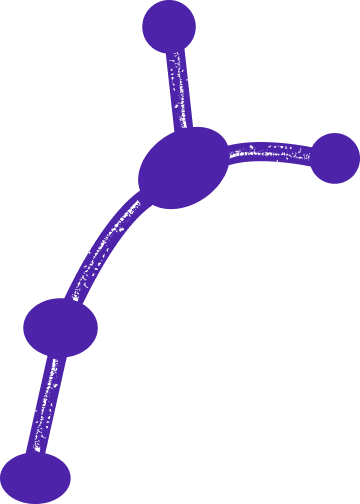
what is algorithm efficiency
Algorithm Efficiency
Efficiency is typically evaluated in terms of time complexity and space complexity. Time complexity refers to the amount of time an algorithm takes to complete its execution, while space complexity refers to the amount of memory or storage space required by the algorithm to solve a problem. Both of these factors play a vital role in determining the overall efficiency of an algorithm.
The efficiency of an algorithm can be measured using Big O notation, which provides an upper bound estimation of the algorithm's growth rate. It allows developers to analyze and compare different algorithms based on their execution time and memory usage. The lower the time and space complexity of an algorithm, the more efficient it is considered to be.
There are various techniques and strategies that can be employed to improve algorithm efficiency. One common approach is to optimize the algorithm by reducing unnecessary computations or eliminating redundant steps. This can be achieved by leveraging data structures, such as arrays, linked lists, or hash tables, that allow for efficient data access and manipulation.
Another technique is to employ algorithmic paradigms, such as divide and conquer, dynamic programming, or greedy algorithms, which offer efficient solutions to specific types of problems. These paradigms often involve breaking down the problem into smaller subproblems and solving them independently, which can significantly improve the overall efficiency of the algorithm.
Furthermore, algorithm efficiency can also be enhanced by considering the characteristics and constraints of the input data. For instance, if the input data is sorted, algorithms like binary search can be utilized to achieve a more efficient solution compared to linear search. Similarly, if the input data is large and cannot fit into memory, external memory algorithms can be employed to efficiently process the data in chunks.
In the context of software development and startups, algorithm efficiency is of utmost importance. It directly affects the performance and scalability of applications, which can have a significant impact on user experience and overall business success. Efficient algorithms can handle larger data sets, process complex calculations, and deliver results in a timely manner, enabling startups to provide reliable and high-performing solutions to their customers.
From an SEO perspective, understanding algorithm efficiency is crucial for startups as it helps them optimize their applications and websites for search engine rankings. Search engines, such as Google, consider website speed and performance as important ranking factors. By implementing efficient algorithms, startups can improve their website's loading time, leading to better user experience and higher search engine rankings.
In conclusion, algorithm efficiency is a fundamental concept in computer science and software development. It determines how well an algorithm can solve a problem by utilizing computational resources effectively. By employing techniques like optimization, algorithmic paradigms, and considering input data characteristics, startups can develop efficient algorithms that enhance the performance and scalability of their applications. This, in turn, leads to better user experience, improved search engine rankings, and overall business success. Algorithm efficiency refers to the ability of an algorithm to perform a task within a reasonable amount of time and using a reasonable amount of resources. In other words, an efficient algorithm is one that can solve a problem quickly and with minimal use of memory or processing power. This is important because as the size of the input data increases, the time and resources required to execute the algorithm also increase. Therefore, it is crucial to design algorithms that are efficient in order to ensure that they can handle large datasets and complex computations in a timely manner.
One way to measure algorithm efficiency is through the use of Big O notation, which provides a way to classify algorithms based on their worst-case time complexity. Algorithms with a lower Big O notation, such as O(log n) or O(n), are considered more efficient than those with a higher notation, such as O(n^2) or O(2^n). By analyzing the time and space complexity of an algorithm, developers can determine how it will perform under different conditions and make informed decisions about which algorithm to use for a particular task.
In conclusion, algorithm efficiency is a critical factor in the design and implementation of algorithms. By optimizing algorithms for speed and resource usage, developers can ensure that their applications are able to handle large datasets and complex computations efficiently. Understanding the concept of algorithm efficiency and how to measure it using tools like Big O notation is essential for creating high-performance software that can meet the demands of modern computing environments.
Let’s build your next digital product — faster, safer, smarter.
Book a free consultationWork with a team trusted by top-tier companies.








